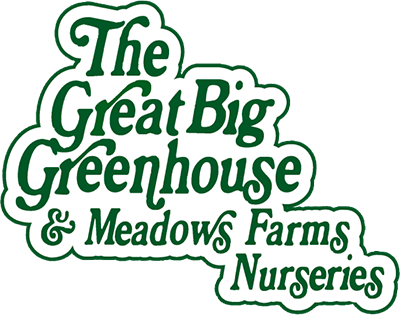One of the phrases we hear a lot is “sustainable” gardening. So what is sustainable gardening exactly?
My definition is to leave my environment in the same or in better shape than it already was—and to try to use as few products as possible to keep it that way.
How to Apply to Your Yard
Start by watering trees, shrubs, and lawns only when they need it. The Virginia Cooperative Extension Office recommends one inch of water once a week. Set up a rain gauge to measure how much rain you get before you water, so you don’t water unless you need to, thus conserving water (unlike a neighbor whose sprinkler was going off in the middle of a thunderstorm last week).
Water early in the day or late afternoon so less water is lost to evaporation. Use soaker hoses in gardens so there is even less evaporation (and it eliminates water on the foliage which helps reduce fungal problems). Mulch to further reduce watering needs and incorporate a rain barrel or two, if possible.
Introduce native plants into your landscape, where possible, and try to make your yard as wildlife friendly as you can. Encouraging birds to hang around is good for more than one reason. Not only are they fun to watch, but they eat plenty of insects, thereby reducing the need for pesticides.
Start your own compost pile so you don’t have to throw away grass clippings and raked leaves.
Plant your own fruits and vegetables, space allowing, so you not only eat fresh and local, but that also helps decrease the need to have food shipped in. Encourage humane treatment of animals by buying organic free-ranged meat and poultry—a great reason for shopping your local farmers market (check out ours every Thursday from 10 am until 2 pm).
Sometimes we’re so far removed from where our food comes from that we forget. I did a talk for a local group about Farmers Markets and brought up where hamburger comes from…next thing I knew they were talking about Kroger versus Publix. Gee, I thought it came from cows.
Try to eliminate chemical impact on your local environment by using organic controls whenever possible—and by reading the label directions so you know how to use and how much to use. Remember, even an organic pesticide can kill “good guys” so apply just before dark so the bees and butterflies have a chance to go home first. And only apply if other controls, such as hand-picking, aren’t working.
Appreciate Your Labor
Try to make time to occasionally sit on your deck and appreciate the birds at the birdbath and the bees and butterflies around the clover in the backyard—because these are some of the reasons for trying to be a sustainable gardener.

